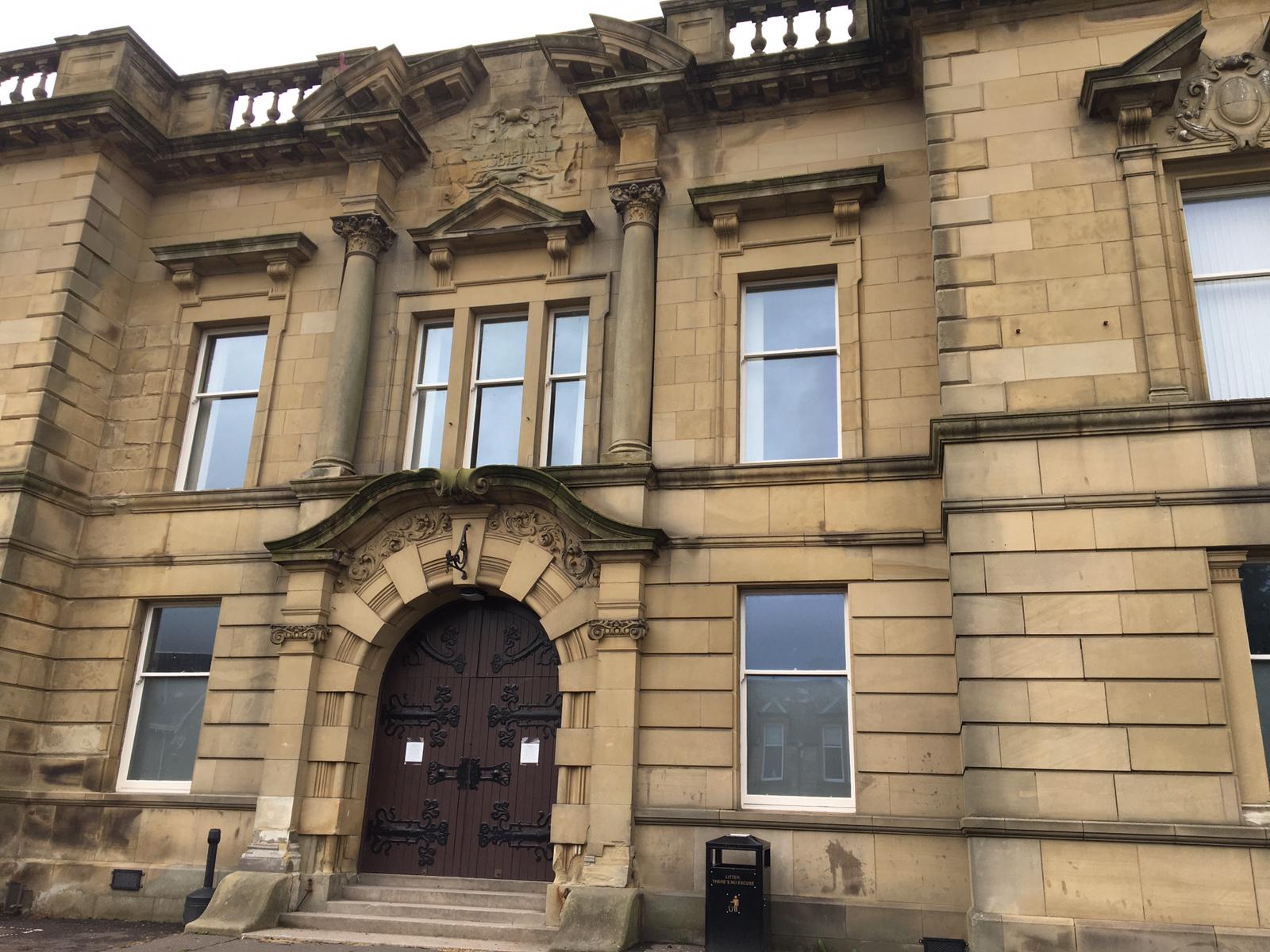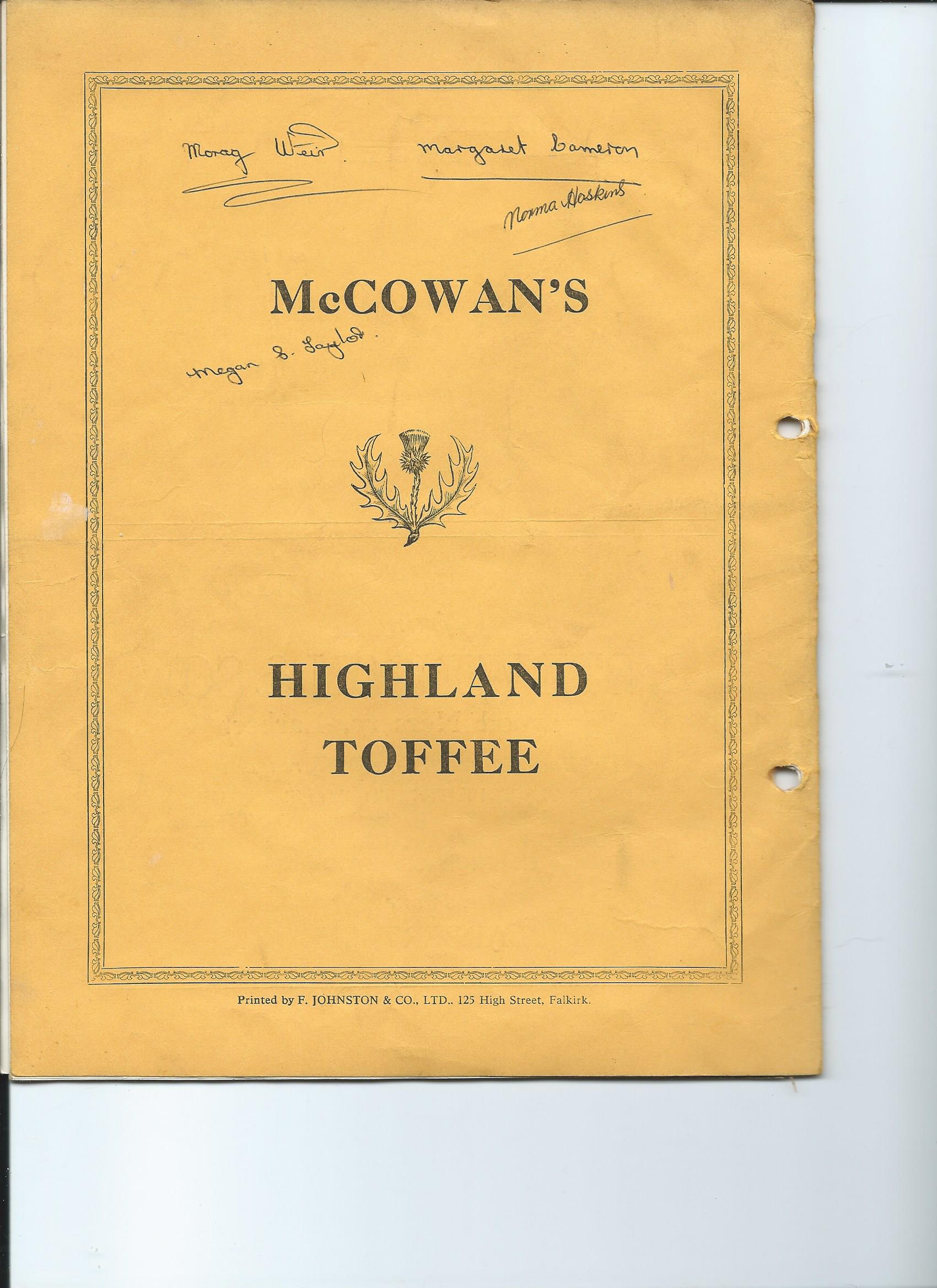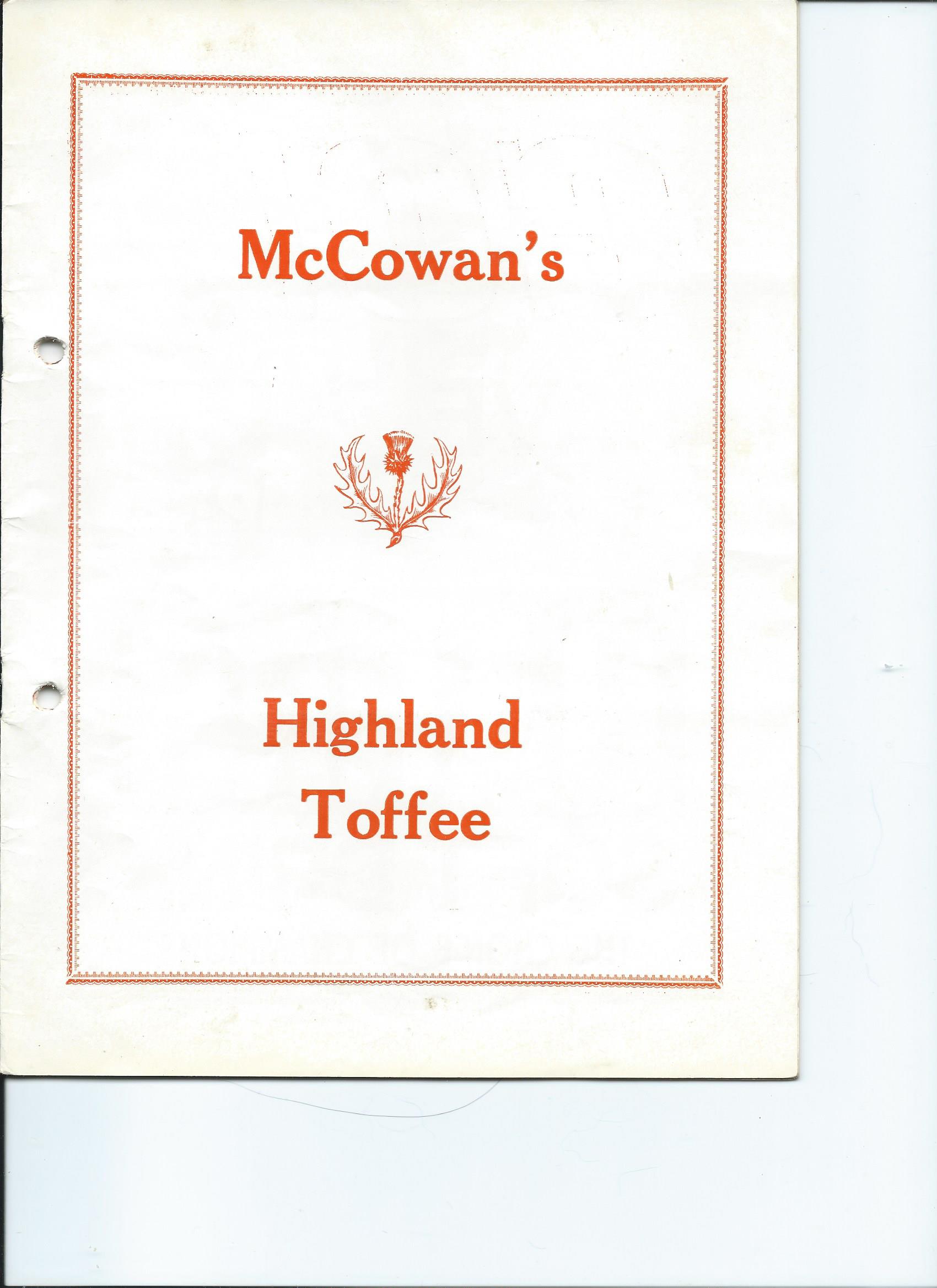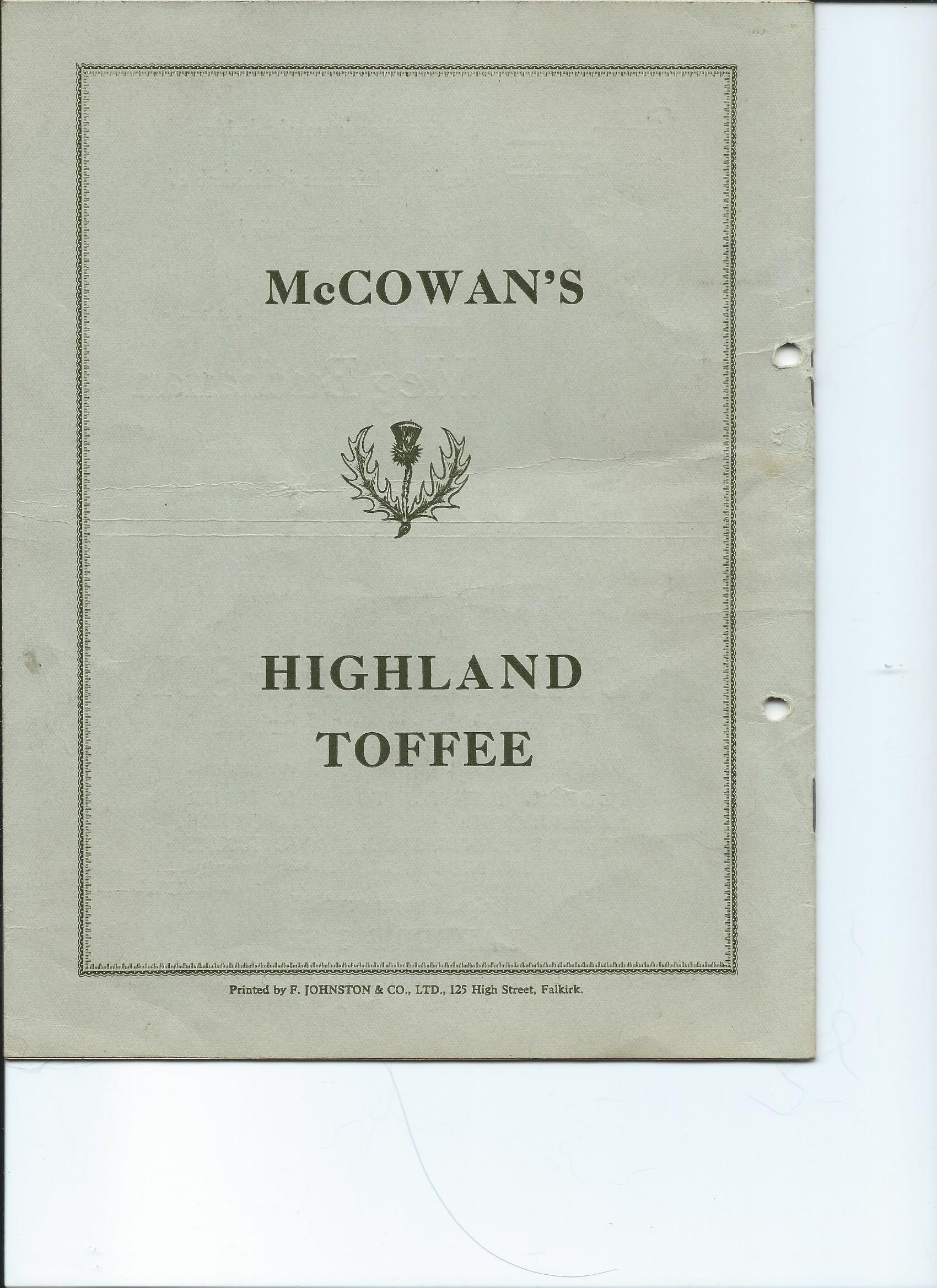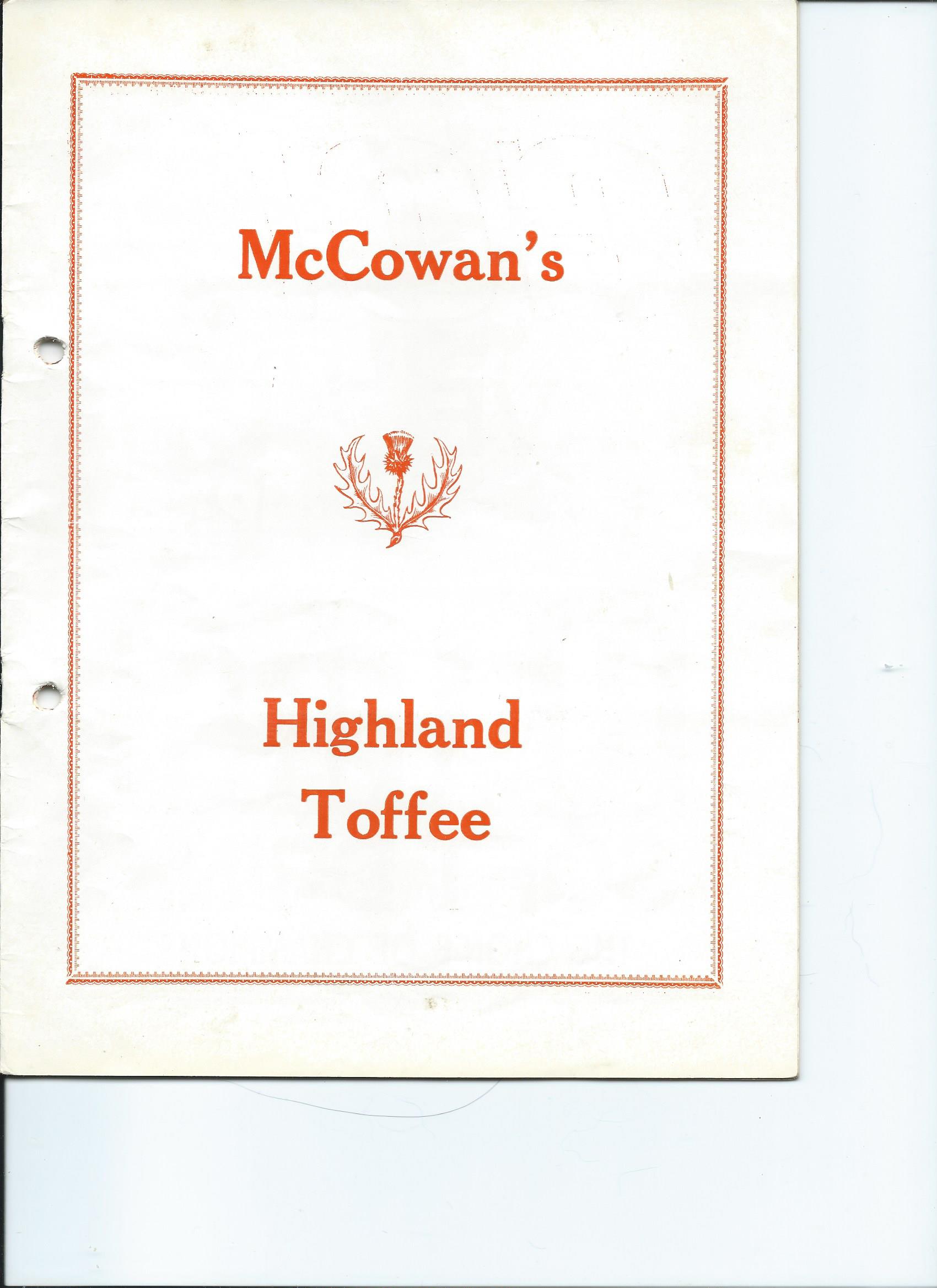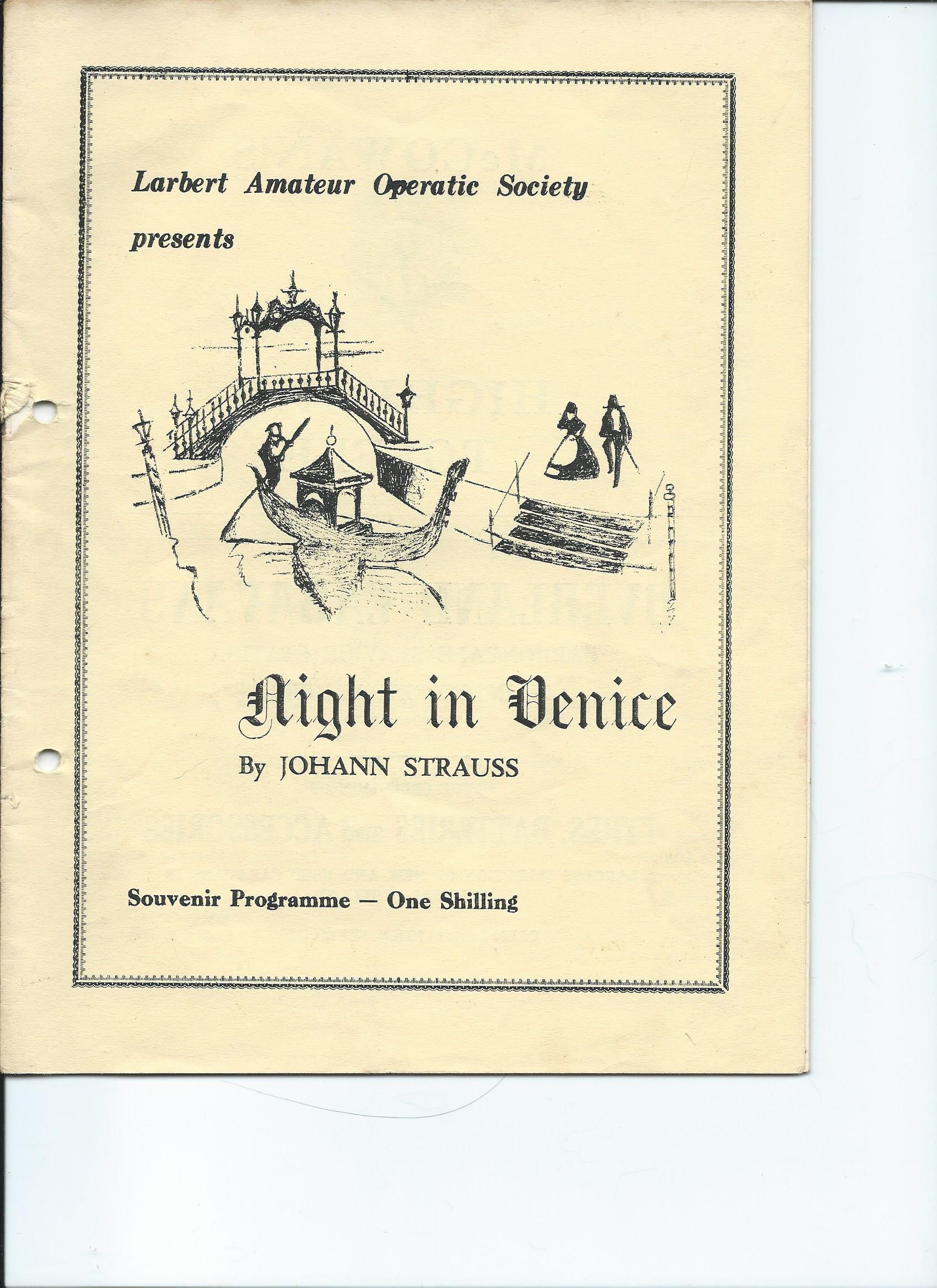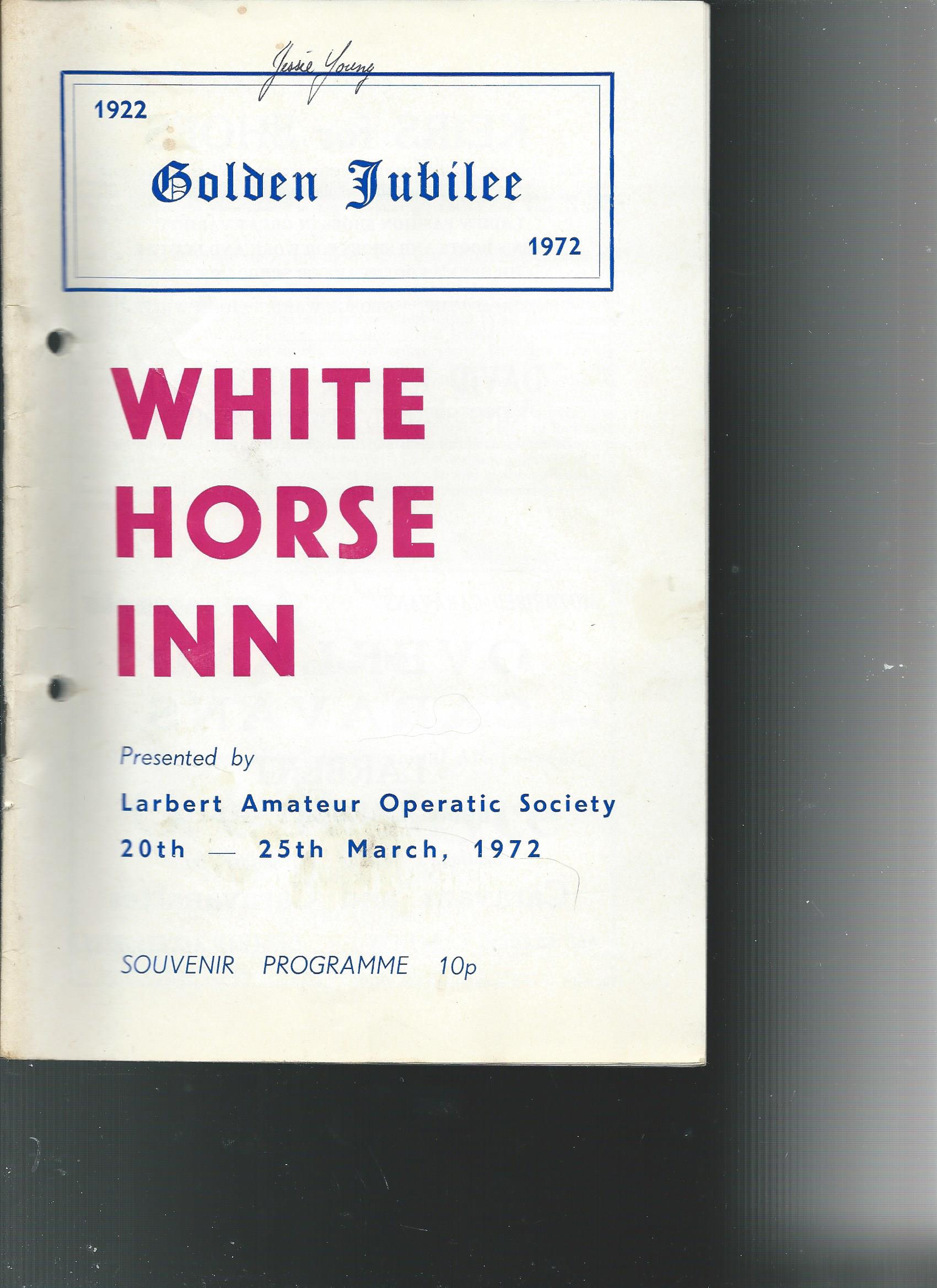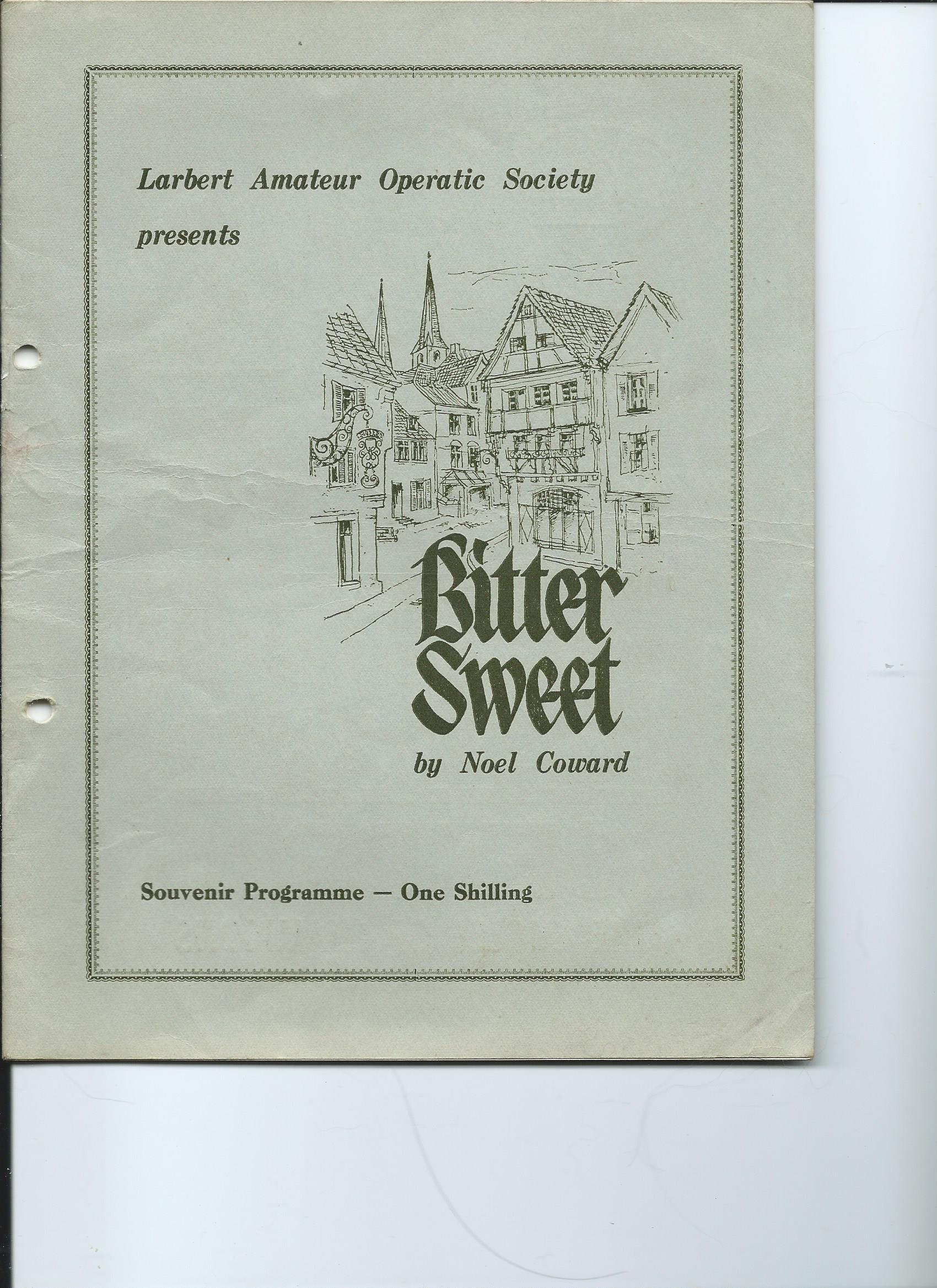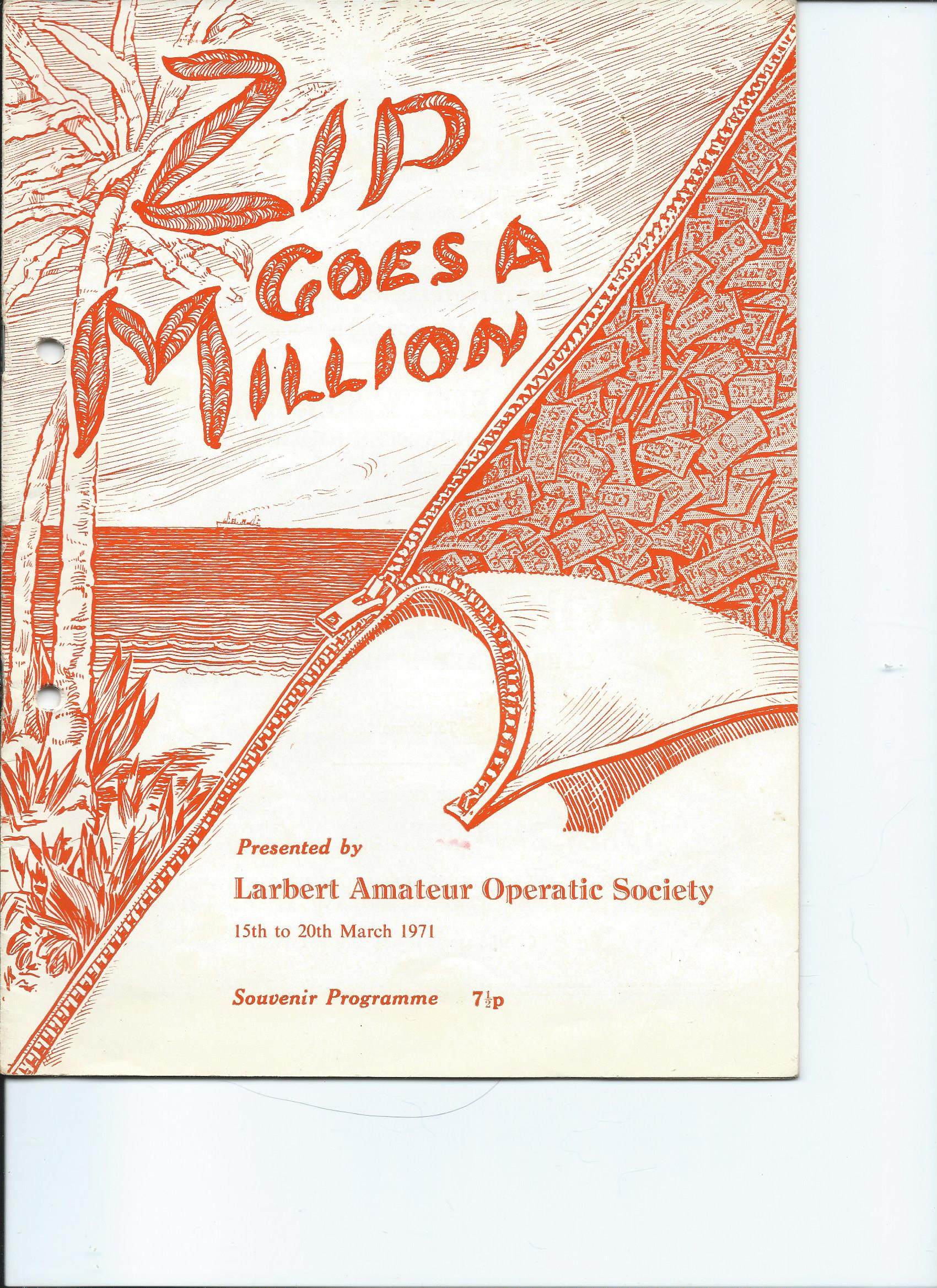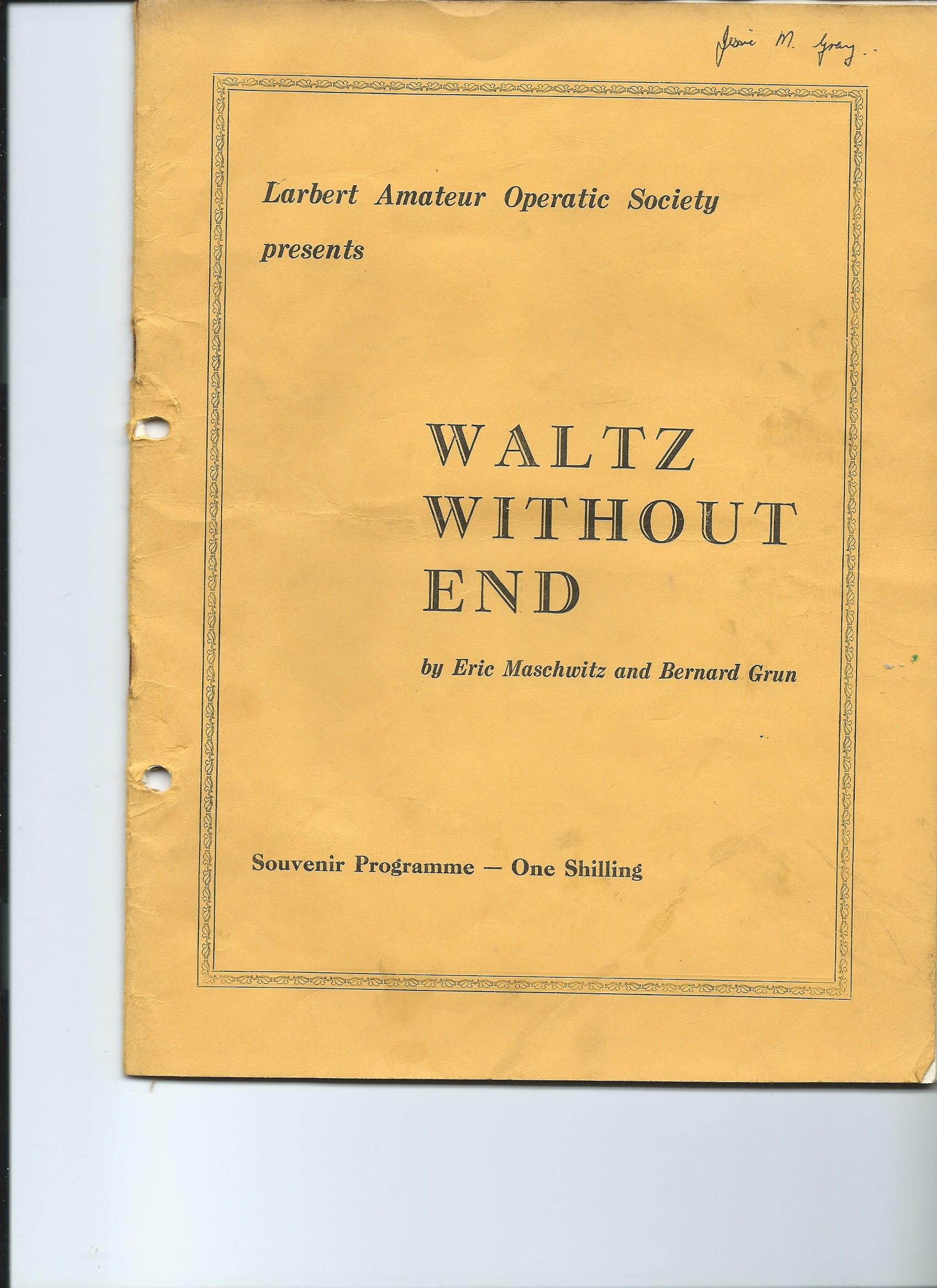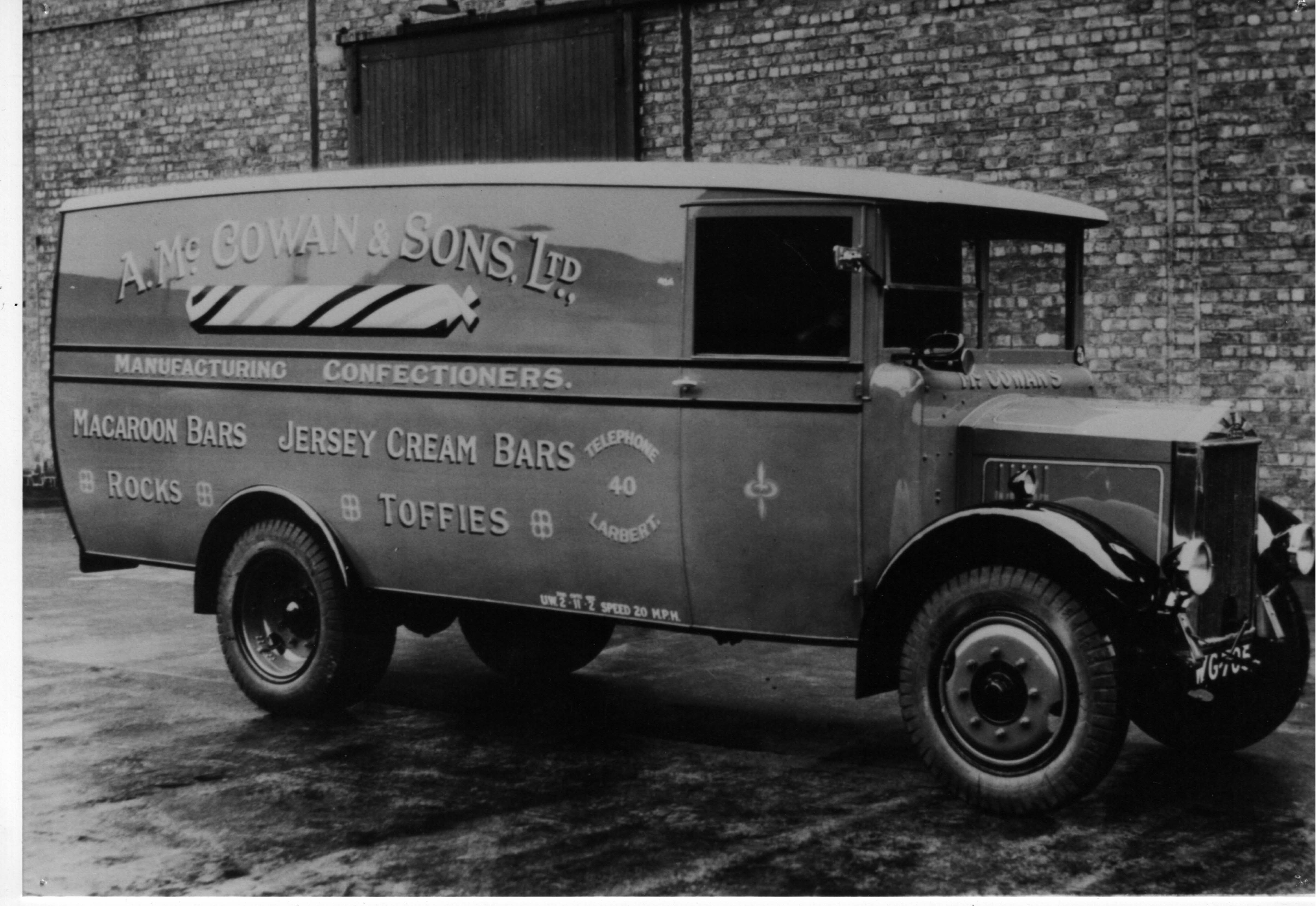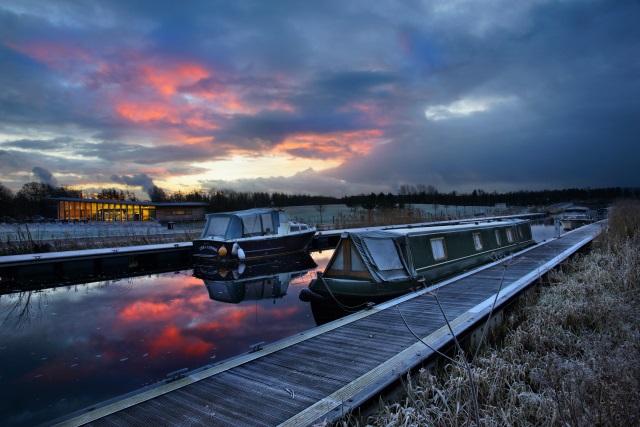Jessie Young remembers being part of Larbert opera. What is the connection between McCowan’s toffee factory and this musical institution? Read on to find out more…
Jessie Recalls...
I joined Larbert Opera in August 1967. The previous year, I had left Falkirk High School, where the Head of the Music Department had been Peter Watson, who also was Musical Director of Larbert Opera. My first experience of Larbert Opera had been when the charismatic French teacher, Miss Rae, who had taught me in my first year at Falkirk High, had starred as Rose Marie in a Larbert production of the show of the same name at the Dobbie Hall in 1961. My mother had taken a 12 year old me to see the Saturday Matinee of the show. This involved a bus journey from the village of Wallacestone into Falkirk, then a trip on the “Circular” bus route from Falkirk Bus Station to Larbert, an unaccustomed and exciting adventure in itself as, although the actual distance is about 8 miles, it felt much longer. Even nowadays it takes approximately an hour and a half to travel there by bus. The following year, as a special treat, my mother took me by bus to see the Larbert performance of “The Student Prince.” I found out much later that, to make an impact, the male chorus had been augmented by men from another amateur operatic society in Edinburgh. To me the whole experience had been magical and I caught the theatre “bug.”
The McCowan Connection
Robert (Bob) McCowan, owner of McCowan’s Toffee Factory family business in Stenhousemuir, was Vice-President of the Larbert Amateur Operatic Society from 1935-1947, then Honorary President from 1954-1976. I was a member of Larbert Operatic Society from 1967-1972, when he was Honorary President. However, I could find no evidence of Bob McCowan performing in a show. By the time I was an active member of the society, he was quite elderly, but I vaguely remember once attending a reception c.1970 for Larbert Opera members at his house at Gartmore, Arnothill, Falkirk.
Bob McCowan also supported Larbert Opera as a patron. A patron, according to the Souvenir Programme of the 1969 production, “Bitter Sweet” paid 5/- (25p today) and was thereby “entitled to Priority Booking of four seats at any of the admission prices before members of the Society or of the general public.” In addition to this, McCowan’s Toffee purchased significant advertising space in the programme of the annual productions, helping with printing costs. In 1968 and 1969, the McCowan’s Highland Toffee Advert took up the entire back cover of the Souvenir Programme. In 1970, McCowan’s Highland Toffee held a half share of the inside front cover, while the back cover was printed with an advert for Barr’s Soft Drinks. Thereafter, the McCowan’s Highland Toffee advert took regular place on the inside back cover of the Larbert Souvenir Programme.
Throughout my time as a member of Larbert Opera, I have kept the Souvenir Programmes, and had the other cast members autograph them. I also kept clippings from The Falkirk Herald of their reviews of the shows and their accompanying photographs.
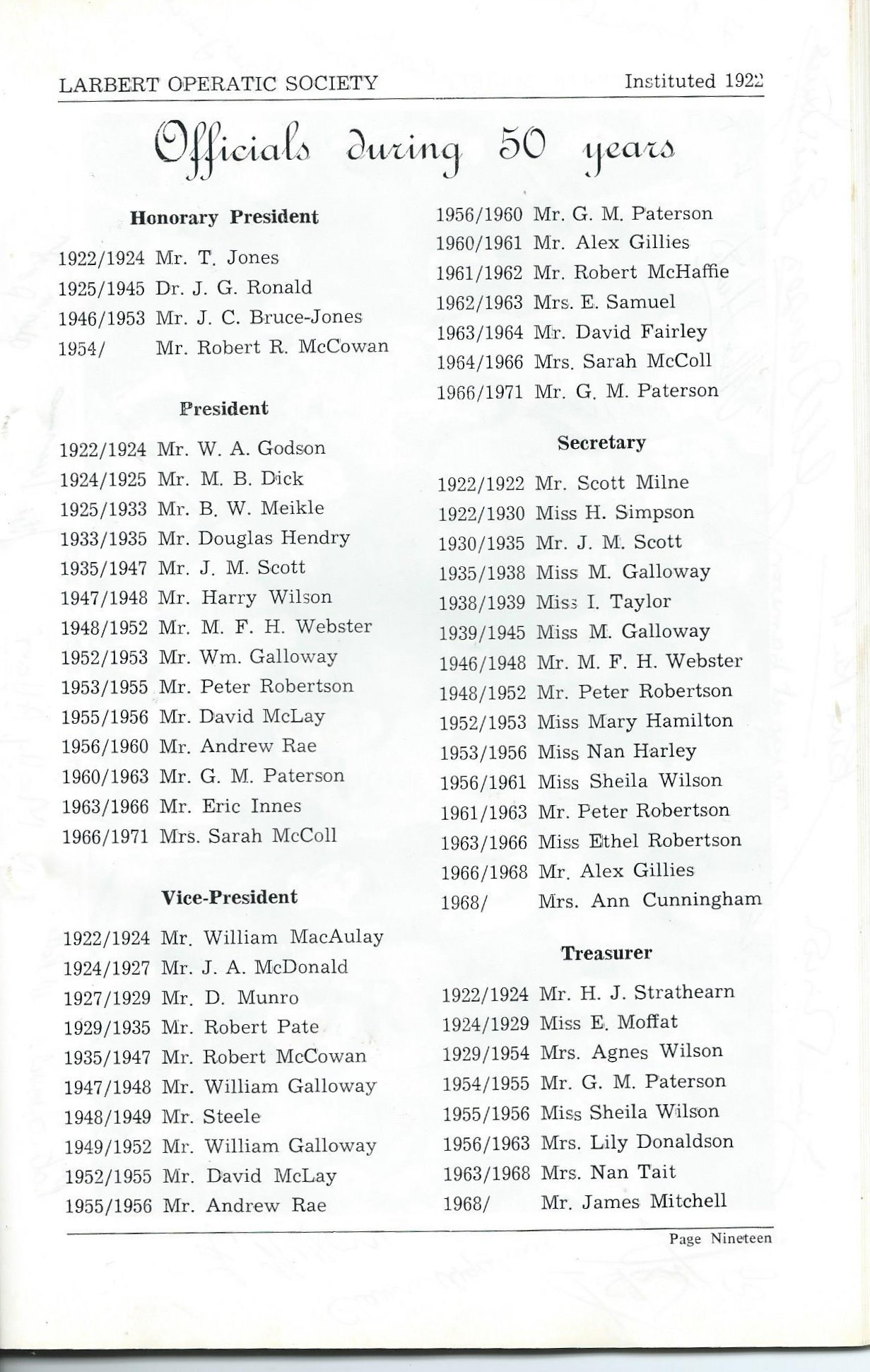

According to the Souvenir Programme of the 1968 production, “Waltz Without End”:
“The objects of the Society are to encourage the study, performance and appreciation of music and drama; to contribute in the bringing of the live theatre to the general public.”
fields['text']) echo $section->fields['text']; ?>
Joining Larbert Opera
I was 18 before I was allowed to become a member of Larbert Opera. At that time, rehearsals were in the hall of Larbert Village School from 7.30pm on Tuesdays, so the calendar of rehearsals was governed by the school terms. One show was staged annually in the Dobbie Hall in Larbert. The show was chosen by the committee of the society. From August to December, we all learned the music to an accompaniment by the Hon. Pianist. Towards the end of that term, members were invited to audition before the committee for principal parts. After Christmas, in addition to the Tuesday music practice, there were rehearsals for the Principals in the Village School on Thursday evenings and for everybody on the stage of the Dobbie Hall on Sunday afternoons. My long-suffering father faithfully ferried me back and forth in his car.
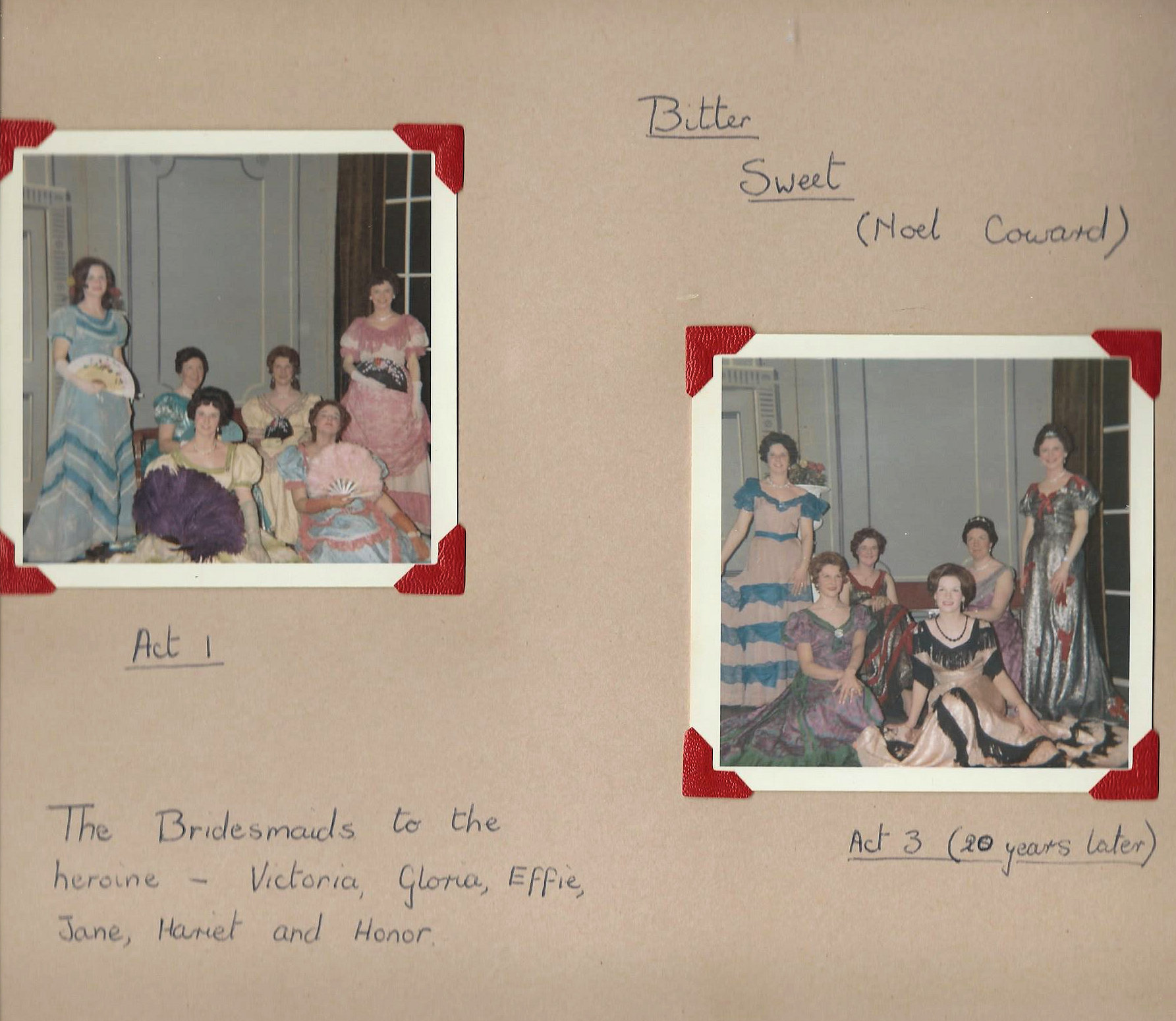

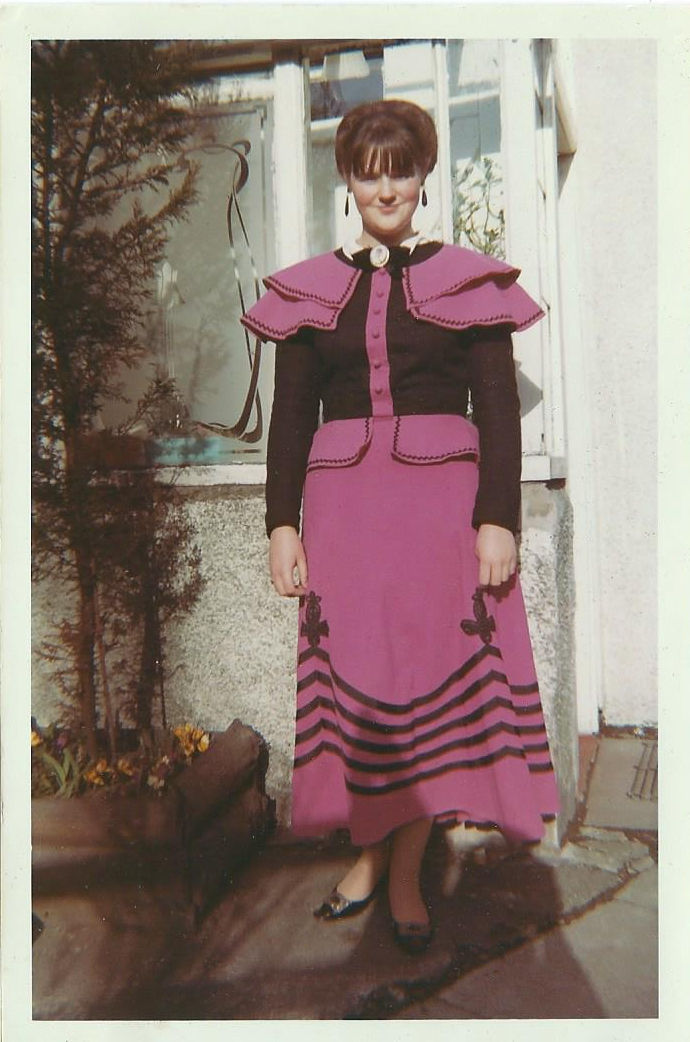

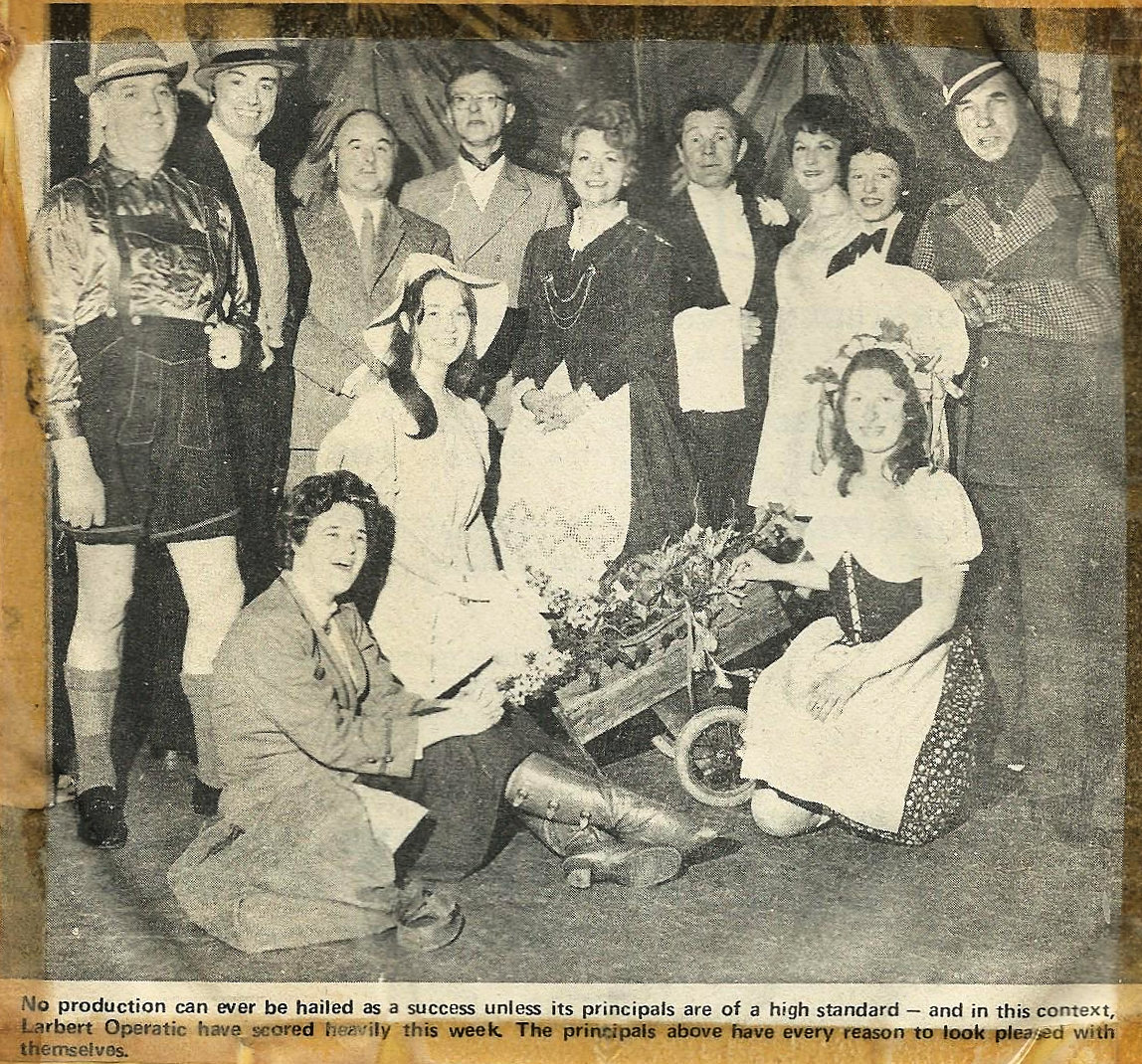

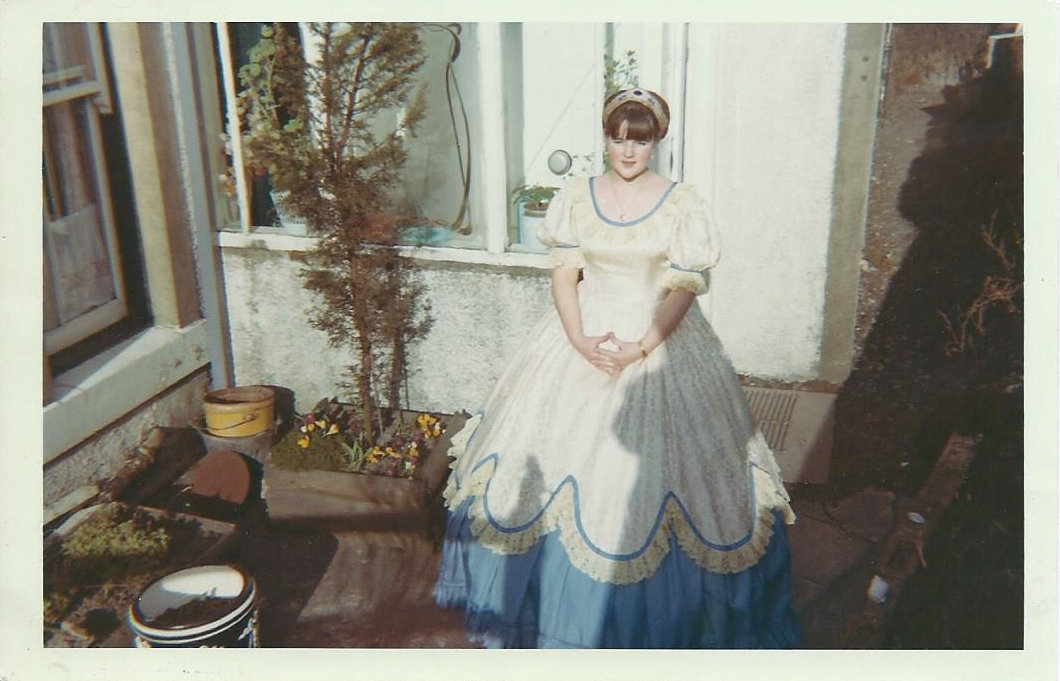

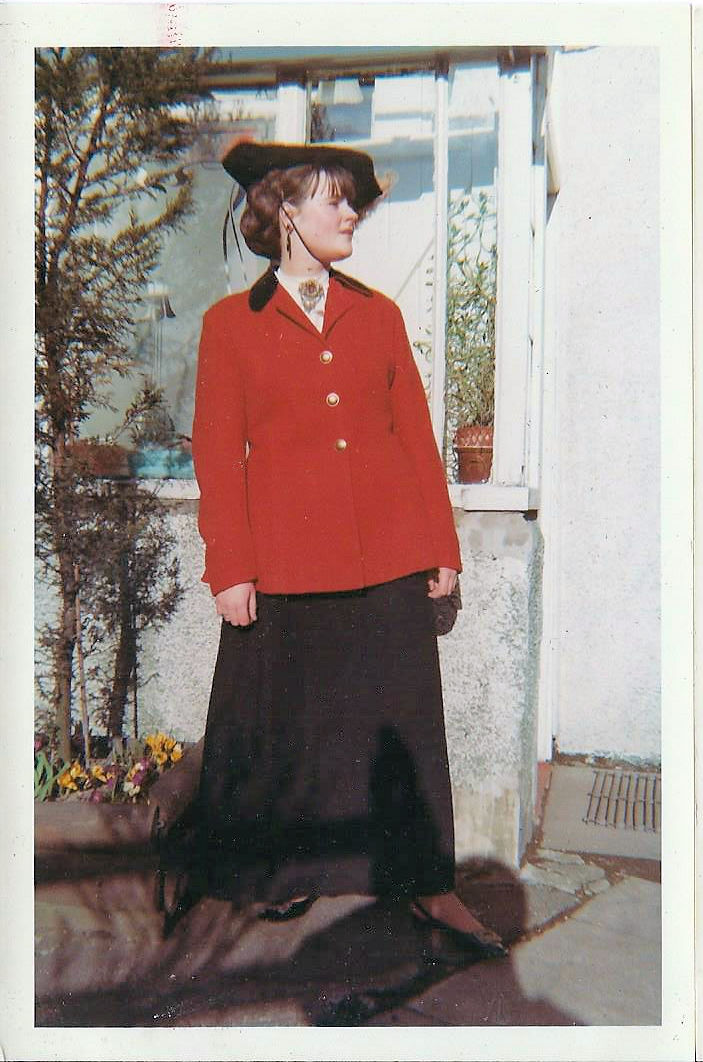

The Show Must Go On
The week of the show, in March, was always hectic. The dress rehearsal on stage at the Dobbie Hall with the orchestra would be on the Sunday afternoon. Members of the public could come and watch. We would run through the entire show, with many stops and starts for adjustments – and often finish very late into the evening. Monday evening was opening night. That night, disasters of some sort were expected to happen. Perhaps unfortunately, the Falkirk Herald reporter always came that night, with their review published on the following Saturday. Other operatic societies around the district usually would come in busloads to see the Larbert show on a Monday night. My favourite memory is from the Golden Jubilee show in 1972, “White Horse Inn” when the male chorus was on stage as the Town Council, being addressed by the “Hero”, Leopold, played by John McLeod. The “Council” were seated on forms. One of these benches collapsed on stage, spilling the men onto the floor. The cast got the giggles, the audience was in an uproar. Eventually, when the noise died down, John McLeod cried, “Is there a joiner in the house?” and laughter erupted once again.
It may have been to do with the Musical Director, Peter Watson, but Larbert Opera had a terrific reputation for the excellent singing of the chorus, and this was reflected in the type of shows chosen and the packed houses. Performances would continue through Tuesday, Wednesday, Thursday, and Friday evenings. Although my mother had taken me to see matinees when I was a child, by the time I joined the society, we only performed in the evening on Saturday, and it would be almost impossible to get a seat in the hall for the Saturday performance, hence the privilege of advance tickets for the patrons. There were no fire regulations in those days and often, despite extra seats being squeezed in, there was standing room only at the back and along the sides of the auditorium. At the end of the evening, there would be speeches, presentations to the officials and finally, in the lesser Dobbie Hall, a party for all concerned which would continue into the early hours of the morning. I invariably developed a cold in the week following the show.
As well as the annual show, the society had a Concert Party, performing an entertaining programme of music and occasional recitations upon invitation from other organisations in the Falkirk area. I was a member of the Concert Party.
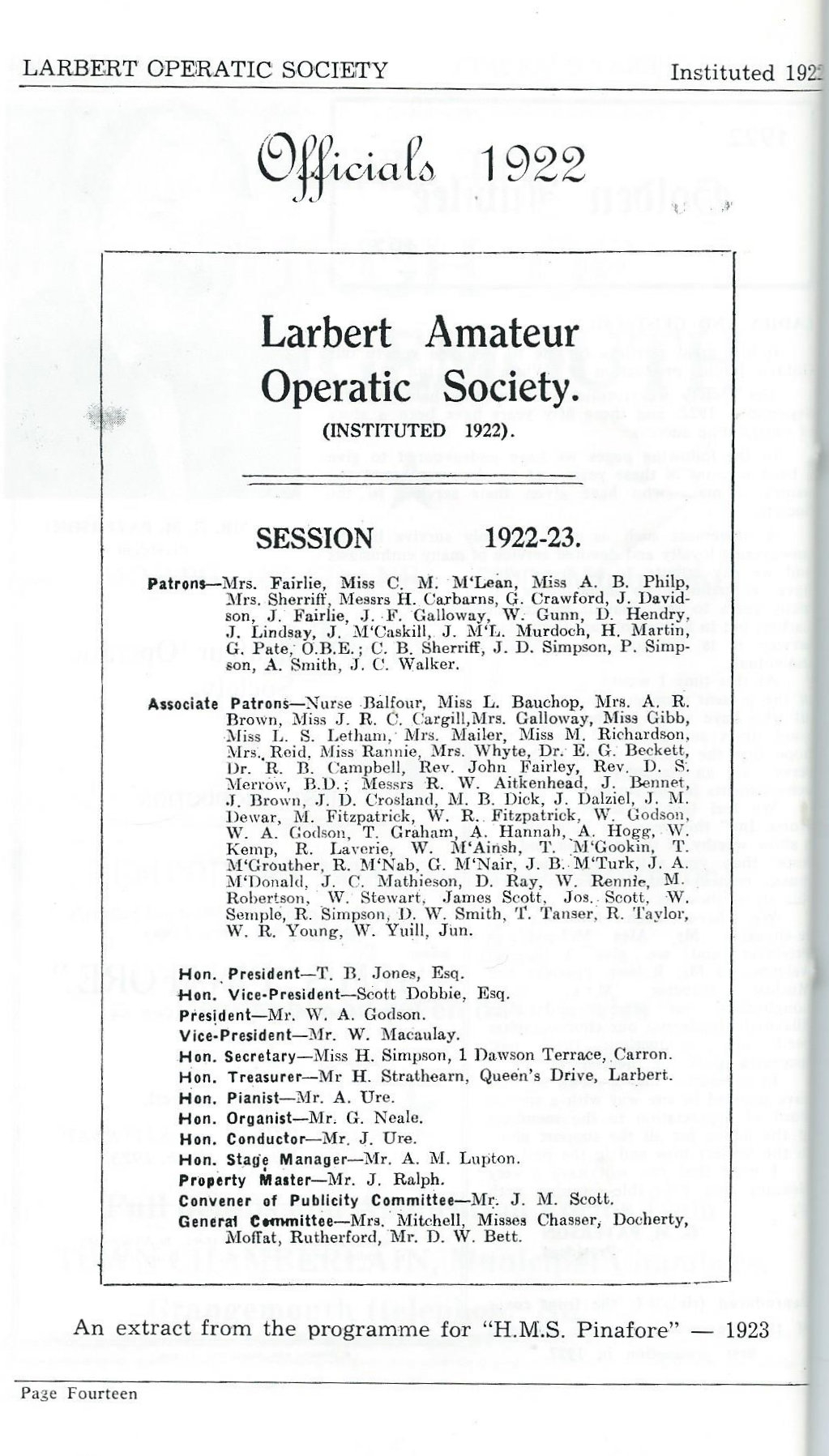

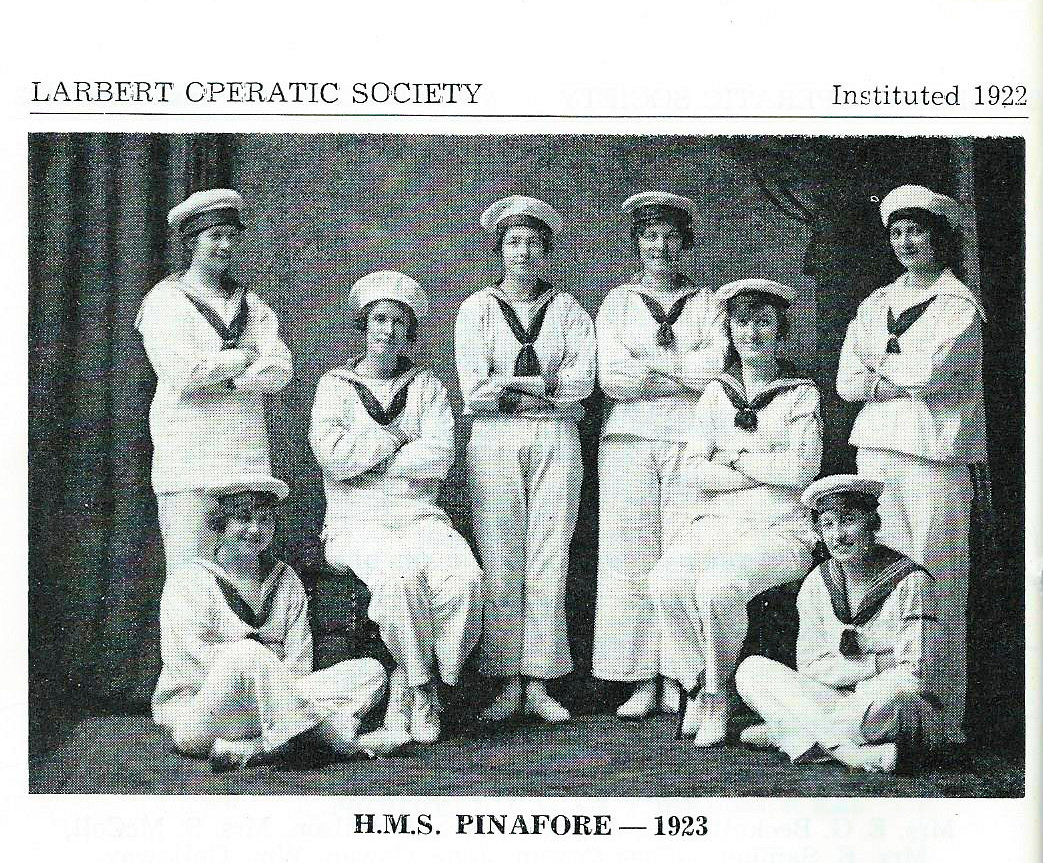



HMS Pinafore
Larbert Amateur Operatic Society was Instituted at a meeting held on 29 September 1922, and are nearing their Centenary. The first performance of a show was HMS Pinafore on 8th, 9th and 10th March 1923. On Friday 9th and Saturday 10th November 1923 there were two additional performances of HMS Pinafore to raise money in aid of the Redding Pit Disaster Fund after the tragic flooding of No 23 Pit, Redding on 25 September 1923. (Falkirk Herald 3 and 10 November 1923). During the period 1940-1946, the society did not stage any shows, presumably because of World War II. The last pre-war show, performed in March 1939, had been “The Desert Song”, and it was also the first show put on by the society after the war, in 1947.
1978 marked the first Larbert Opera Christmas Pantomime, “Cinderella.” Jeanna Connell, current society President, said:
“I remember McCowan’s involvement with the opera and taking advertising space in the programmes for many years. This only stopped when the company changed hands. They also used to donate large bags of sweets, along with Woolworth, for us to throw out to the children during our panto performances. This stopped a number of years ago too.”
fields['text']) echo $section->fields['text']; ?>
I made my final appearance on the stage of the Dobbie Hall for many years in 1972, because by then I was married and had other priorities. I did return again for a couple of years in 1996, but by that time Bob McCowan and the association between the society and McCowan’s had passed.
By Jessie Young, Great Place volunteer.
